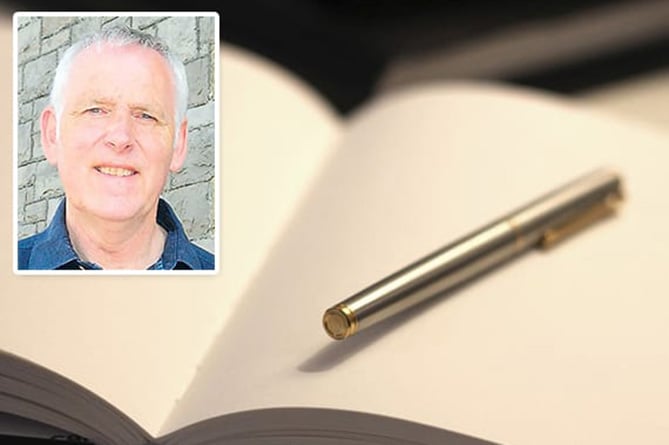I CAN’T believe I’ve been so gullible. I try to monitor emails, telephone calls and any other form of potential scam but it would appear that I have fallen for the biggest con of all. I believed Covid was real! But I’ve just read that the pandemic was a hoax and that hospitals were told to say that people were infected with Covid whatever the real cause of death at the time.
I’m speaking ‘tongue in cheek’ of course (I hope it’s not a symptom of an impending pandemic!) and reacting to comments I read online the very same day that I came across a very helpful interview with the famous geneticist Francis Collins in a respected Christian magazine.
When Covid burst on the scene Collins was already highly regarded as a scientist notably for his work in sequencing all 3 billion letters of our DNA thereby paving the way for the treatment of rare conditions such as cystic fibrosis..
As a practising Christian, Collins would start the day with prayer and Bible reading as he and his colleagues began their search for a vaccine to fight off what has been described as ‘the worst pandemic in a century’. It should come as no surprise then to learn that their speedy success was described by the then Archbishop of Canterbury as an ‘answer to prayer’. Collins thinks the vaccine saved more than 14 million lives across the world.
But far from being lauded for the achievement, Collins was condemned by many Christians - not least because he encouraged church leaders to recommend the vaccine from their pulpits. In fact, he seems to have become such a hate figure among the ‘Covid conspiracy theorists’ that he was confronted on one occasion and asked what it feels like to kill more people than Hitler! Collins, on the other hand, believes that almost a quarter of a million people died in the US because of their refusal to take the vaccine.
I found it a very helpful interview, and it left me wondering if I should buy a copy of Collins’ latest book ‘The Road to Wisdom: On truth, science, faith and trust’. Whether I do or not I will certainly take heed of the sound advice he offers on trust in a tribal culture,
He advises us to begin by looking at the integrity of our source for example. We should then consider the quality of its expertise and not be tempted to think that a brief Google search will allow us to override the work of those who are well respected for theirs. Finally, he says we would do well to take note of our source’s humility because ‘anybody who claims to be an expert on everything is probably an expert on nothing’.
These are wise words indeed, and I reckon they have been fuelled by Collins’ love of the Sermon on the Mount, something he tries to read at least once a week.


Comments
This article has no comments yet. Be the first to leave a comment.